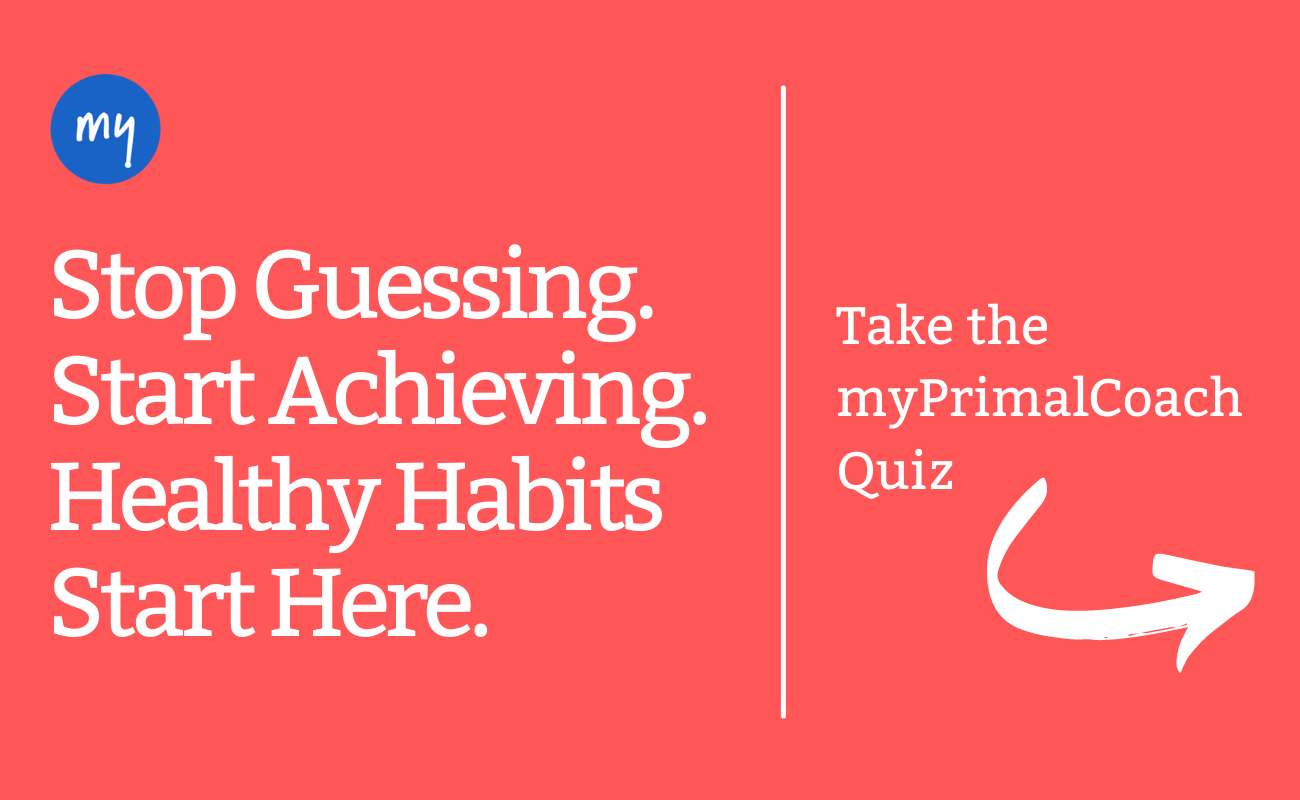
Closing your first deal is critical. Before you’ve done it, most brokers, investors, and lenders won’t work with you. Once you’ve closed a deal, everything becomes easier. But if no one will work with you until you’ve closed a deal, how can you ever close a deal? It’s a Catch-22 situation.
New investors, struggling to get over that first-deal hurdle, spend thousands of hours every day on sites like Bigger Pockets, hoping to learn the “secret” to getting the first deal. They seek out investors like me for advice or mentoring. Some even invest thousands of dollars on courses promising to teach them “shortcuts” to real estate riches.
There are no “shortcuts.” The only “secret” is to hustle. To focus your hustling and reduce wasted time and effort, you should learn from experienced investors. Model what they did. To help you, starting today, The Mortar will post a periodic series entitled “My First Deal.” Here, experienced investors will tell you the story behind their breakthrough.
We’ll start with mine.
My First Deal: A Three-Year Ordeal
I’ve written about how I went from miserable lawyer to full-time real estate investor. Getting my first deal was a three-year ordeal. Here’s what happened.
My first partner and I focused on apartments in Louisiana and Texas. We spent 2011 sorting through the leftovers that brokers show new, unproven investors. In 2012, we finally bid successfully on a property in Houma, Louisiana. We’d seen the deal before, but the owner had cut the price enough for the deal to work. Soon we had a second property under contract with the same seller. We lined up our equity investors, a co-signatory for the debt, and a lender. Then the lender inexplicably dropped out of the deal. We got skittish and canceled the second deal. We were out of pocket thousands of dollars, not to mention the months of effort wasted. Ultimately, we dissolved the partnership.
But while we were still riding high, we were looking at other markets to enter in the future. Being a data dork, I was poring over the numbers from the recently-released 2010 United States Census, trying to find the most attractive markets.
I decided to look only at markets growing faster than the U.S. as a whole. That eliminated the Northeast and most of the midwest. I cut off everything west of the Mississippi River because it was too far to manage. Florida’s big booms and busts scared me, so it was out, too. The Carolinas, Virginia, and Georgia were left.
Charleston jumped out as a fast-growing area. I loved the city, and I had good friends in it. So I decided to start there. I knew reaching out cold to brokers wouldn’t work. I decided to use my network, knowing Charleston was small enough that everyone knew everyone else. I asked my friends — a doctor and a lawyer — if they could introduce me to any commercial brokers in town.
Both came through. But my friend Abby really hit a homer. She introduced me to her best friend’s husband, Chris, a successful broker and developer in the area. Chris’s partner, Tyler, had led acquisitions for a multifamily investment fund for 15 years. He knew everything about the industry and all the players in the region.
After my first partner and I dissolved our business, at the end of 2012, I formed Two Bridges Asset Management LLC. Now on my own, I wanted to focus on the Southeast. Just about the first call I made was to Tyler. He became our exclusive representative in the Carolinas.
Adding Tyler to my team changed the game for me. But not right away. It still took time to land that first deal.
Tyler called his old broker contacts, looking for our first property to buy. We saw many markets and looked at dozens of deals, criss-crossing South Carolina in Tyler’s truck. But, as a new, unknown group from out of town, we were still not seeing the good deals — the “pocket” listings that brokers only show to their best clients.
Finally, Tyler asked a favor of one of his partners in development deals. The daughter of one of his close friends, Kay, was a successful commercial real estate broker in Greenville. Greenville was far from Charleston, but it a fast-growing area, and on my short list. With the benefit of a personal introduction, Kay met us at her office.
We first discussed our investment strategy. Then Kay mentioned a new listing that might fit, in nearby Spartanburg. We’d be the first to see it. We immediately left the office, drove to Spartanburg, and viewed the property. It was located at the intersection of two Interstate highways, within minutes of thousands of jobs. Few cars were in the lot at midday — tenants were working — and the ones that were there were newer, nicer ones. The complex had a good feel. A few days later, after running the numbers, we made an offer. Kay convinced the seller to accept it without taking the property to market. Soon we were in contract.
Someday I will write about the struggles we went through to close the deal. I’ve already written about how the deal nearly tanked after we closed it. But the point here is that we closed it. We got our first deal. We were in business.
Three Takeaways for New Investors
So what should you take away from my story?
First: be persistent. Nearly three years elapsed between starting in real estate and closing my first deal. I did not give up, and I ultimately found success. Don’t quit too soon. Your goal may be just ahead!
Second: if there’s a “secret” weapon in this business, it’s your friends and family. I asked Abby for introductions to brokers, and she introduced me to her best friend’s husband, Chris. Chris introduced me to Tyler, a multifamily pro. Tyler used personal connections to get us introduced to Kay. We’ve now done several deals with Kay and her team.
Your friends and family do not need to be in real estate. Abby wasn’t. I didn’t know if she knew anyone in the field. But I asked, and she did. You will never find out who your friends know unless you ask them. It’s actually better that Abby was not in real estate. Her contacts were more likely to meet me because they were personal friends, not professional contacts. And they were more likely to take me seriously because of the personal connection with Abby.
Third: persistence and relationships together will lead to a break. Keep pushing forward and keep using your network to meet new people. The next new person you meet may be able to help you. Over time, if you persist and build solid relationships, opportunities will come your way. But relationships and reputations take time to build. You must be patient and build them right.


Jonathan, Great story. We’re in a very similar place to where you were. We’ve been working at it for a couple of years now and even had a LOI accepted a while back only to have the deal fall apart right before we were to sign the PSA. My two original partners dropped out and I was left to proceed solo. It’s been frustrating and difficult to find deals where the numbers work. I’ve been trying to establish relationships with brokers, property management people, etc. and it’s a slow process. I believe my greatest asset as you say, is persistence. I will not give up. I know this can work – I’ve seen others do it and you did it as well. It’s encouraging to see that you went through similar situations and more encouraging to see that through persistence, relationship building and tenacity you were able to succeed. I look forward to reading more of your posting.
Thanks, Peter. Persistence is the key to this business. It can be very frustrating to get started, but you cannot let frustration overwhelm you. You have to keep plugging away. I am happy that you continued to persevere.
Great article , yes harder to jump in commercial for investors. I come from 16 plus years in SFh rentals , and development side. Converted two large apartments to condos, 102 units , and 136 units. Being I had partners on these other projects. I want my company to buy the next project , with out partners or investors.
Being I teach real estate investing, for a lot of beginners. The message is clear ,do not give up. Every day we are one step closer to the yes .
So keeping firing away .
Alex
Just my two cents
Alex
Great article. Keep them coming please.
I would like to know more about what income did any of you live off of until your real estate investments started to generate income for you?
In my case, it was personal savings.